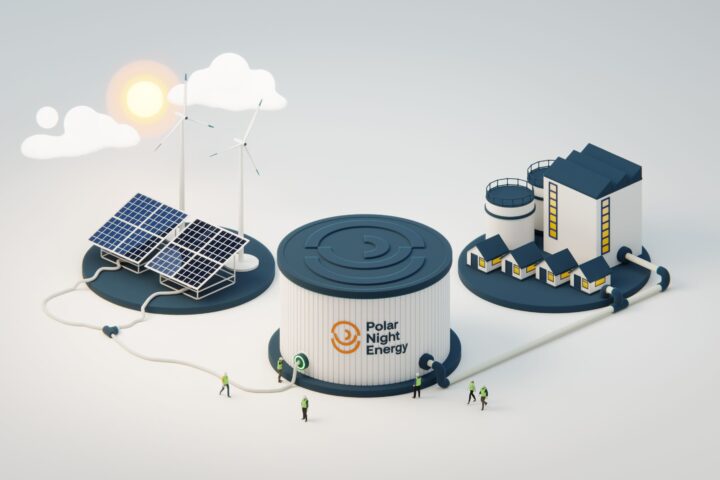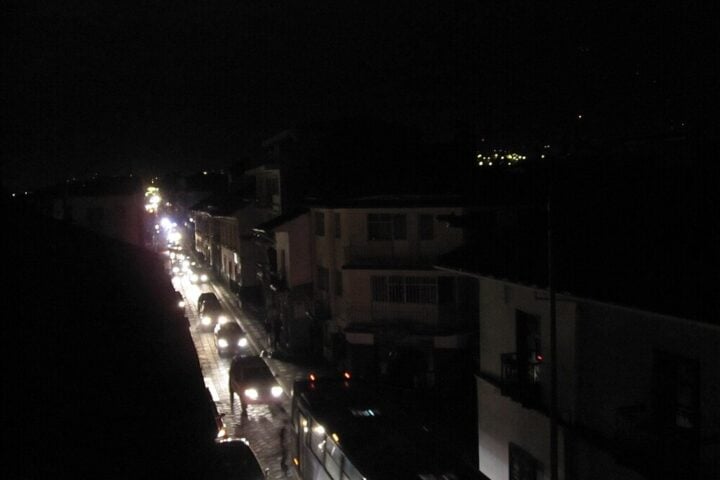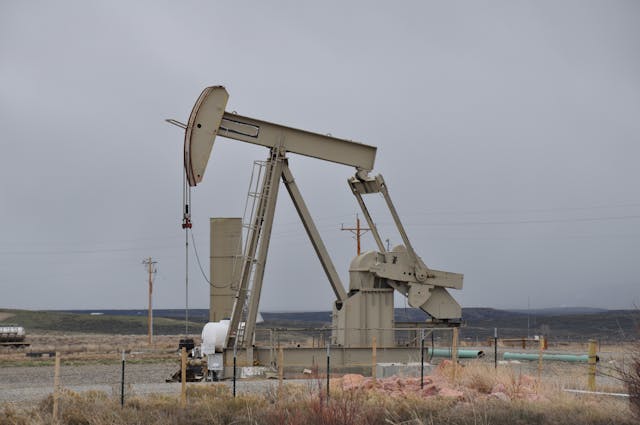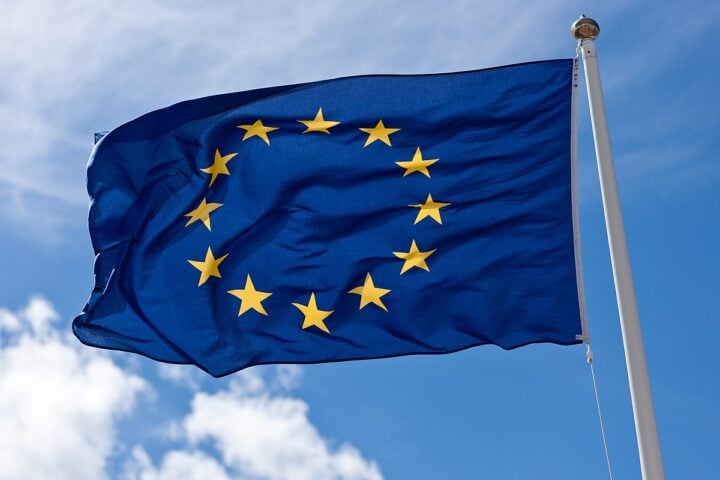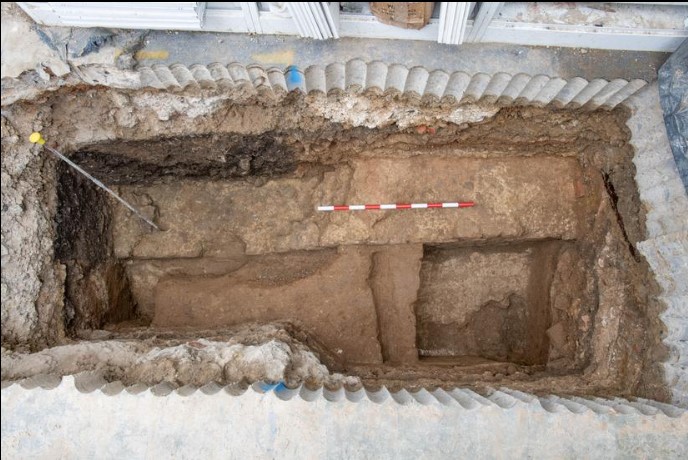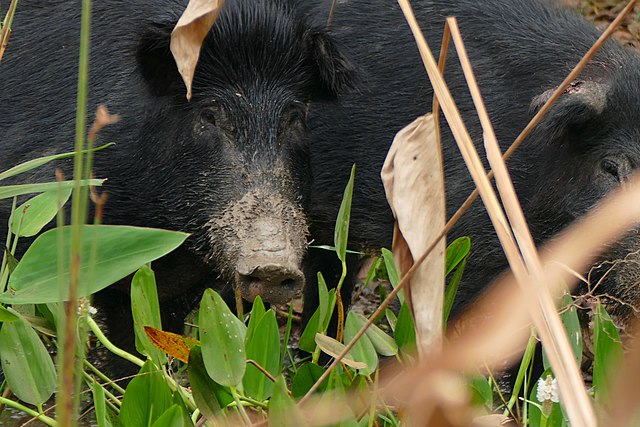That pizza box in your kitchen or the non-stick pan you cook with might contain chemicals that are causing a massive environmental problem. These chemicals, called PFAS, are now in our water, soil, and even our bodies. Cleaning them up across Europe and the UK will cost £1.6 trillion – about £84 billion each year for the next 20 years.
“These toxic chemicals are in places you wouldn’t expect,” says Dorota Napierska, an environmental health expert. “They’re in waterproof jackets, cosmetics, and greaseproof paper.” The problem? Once these chemicals get into the environment, they don’t break down naturally. That’s why they’re called “forever chemicals.”
In the UK alone, officials have found over 10,000 places contaminated with these chemicals. Just looking into four of these sites could cost up to £2.7 million. When it comes to drinking water, tests found dangerous PFAS levels in 278 water supplies, with another 255,610 samples showing concerning amounts that need to be reduced.
What makes these chemicals dangerous is that they can cause cancer, affect fertility, and weaken the immune system. These chemicals stay in the environment and build up in your body over time.
Dave Megson, who studies these chemicals at Manchester Metropolitan University, points out a frustrating problem: “When we try to clean up these chemicals, some treatment plants actually create more of the banned versions instead of destroying them. We urgently need better and cheaper ways to get rid of them.”
The UK government has started taking action by putting £2 billion toward improving water quality. They’re also looking into banning these chemicals in firefighting foams. But many say this isn’t enough. Ali Ling, an engineer studying this problem, says it would be smarter – and cheaper – to stop using these chemicals now rather than paying to clean them up later.
Similar Post
A recent survey shows most people agree. More than 75% of those asked want these toxic chemicals either banned immediately or controlled more strictly. “Nobody gets to choose what’s in their tap water,” says Stephanie Metzger from the Royal Society of Chemistry. She wants the government to set strict legal limits on how much of these chemicals can be in drinking water.
The cost of doing nothing is steep. Without quick action, the UK alone will need to spend £9.9 billion every year on cleanup. This growing environmental challenge affects both public health and the environment.
Scientists are working on solutions, but the challenge is huge. Until then, these chemicals continue to spread through our environment, making the cleanup job bigger and more expensive every day.

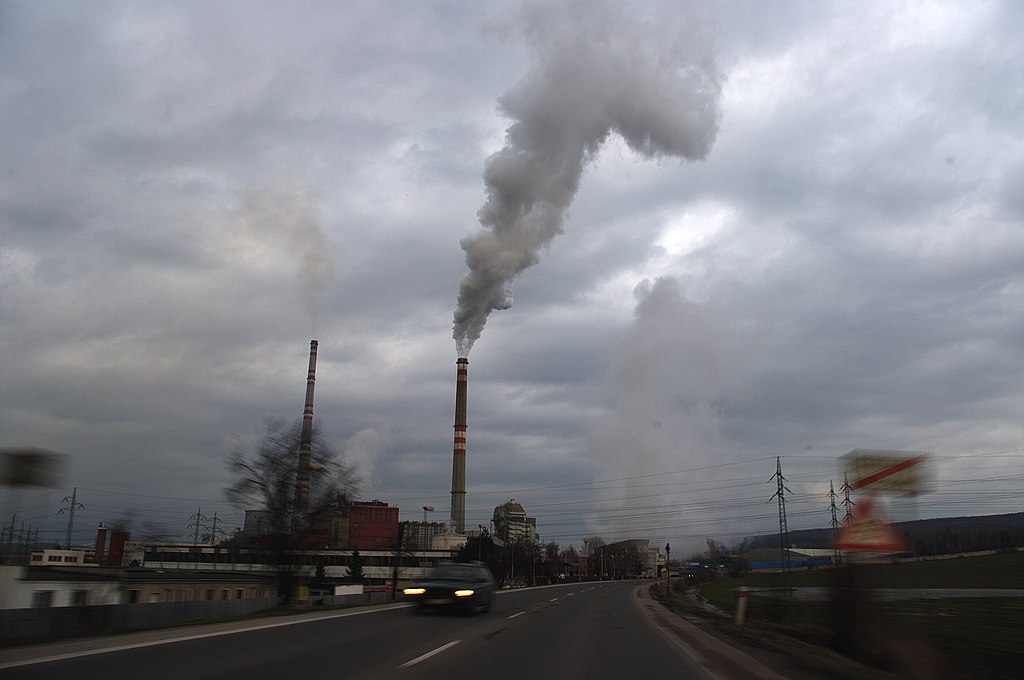
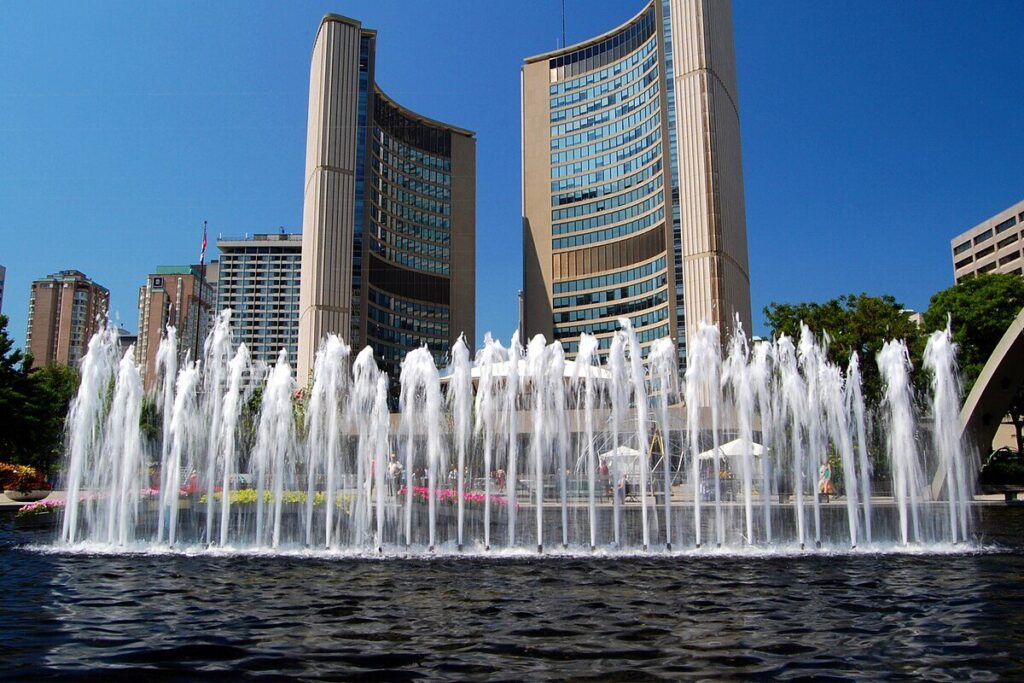
![Mina do Bugalho, Portugal [2011]. Photo Source: almoço no zé unta (CC BY-SA 2.0)](https://www.karmactive.com/wp-content/uploads/2025/05/500px-Portuguese_Lunch-500x480.jpg)
